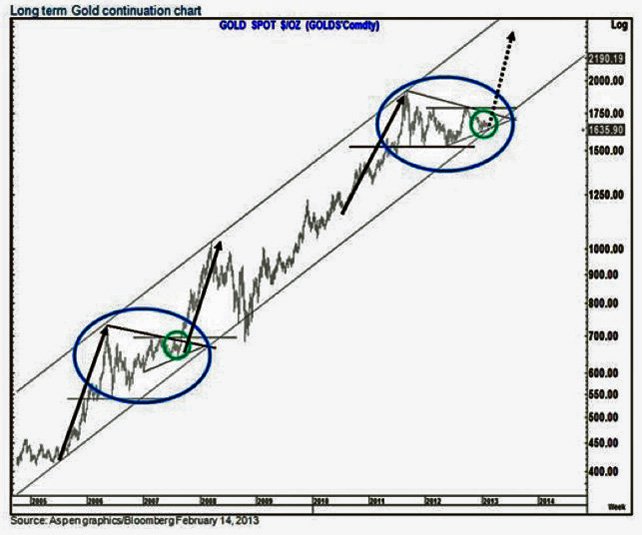“Recently I was asked to give a presentation on the current state of the global economy to a local group of concerned citizens here in Northwest Montana. I was happy to oblige but when composing my bullet points I realized that, in truth, there were no legitimate economic numbers to examine anymore. You see, financial analysts have traditionally used multiple indicators of employment, profit, savings, credit, supply, and demand in their efforts to divine the often obscured facts of our financial system. The problem is, nearly every index we used in the past, every measure of capital flow and industry, is absolutely useless today.
We now live in an entirely fabricated fiscal environment. Every aspect of it is filtered, muddled, molded, and manipulated before our eyes ever get to study the stats. The metaphor may be overused, but our economic system has become an absolute “matrix”. All that we see and hear has been homogenized and all truth has been sterilized away. There is nothing to investigate anymore. It is like awaking in the middle of a vast and hallucinatory live action theater production, complete with performers, props, and sound effects, all designed to confuse us and do us harm. In the end, trying to make sense of the illusion is a waste of time. All we can do is look for the exits…
There is some tangible reality out there, but it is difficult to find, and there are few if any mainstream numbers to verify. One has to remember always that the fundamental world of money and trade revolves around real people and real circumstances. No matter how corrupt our economic system is, as long as there are human beings, there will always be supply and demand that cannot be hidden. We have to look past the “official numbers” and look at the roots of trade. Where has demand fallen? Where has supply diminished? Where are the tangible goods and needs and how have they changed?
Let’s first start with the mainstream version of our system, looking at each aspect of the economy that no longer represents the truth of our situation…
Employment, Savings, And Debt
Much of this information is old news to those of us in the Liberty Movement, who tracked the progress of the global collapse long before the general public even knew of its existence. However, it is useful to take a step back and look at the basic picture every once in a while.
According to numbers issued by the Department of Labor, weekly unemployment reports have dropped to a five year low, and the overall employment rate is holding at 7.9%. This would seem to be a vast improvement over the dreadful bloodletting in the system only a few years ago. Has the private Federal Reserve and the Obama Administration really done it? Have they turned back the tide on the greatest fiscal crisis the U.S. has seen since the Depression?
No. They haven’t. ….”
Full article
Comments »

